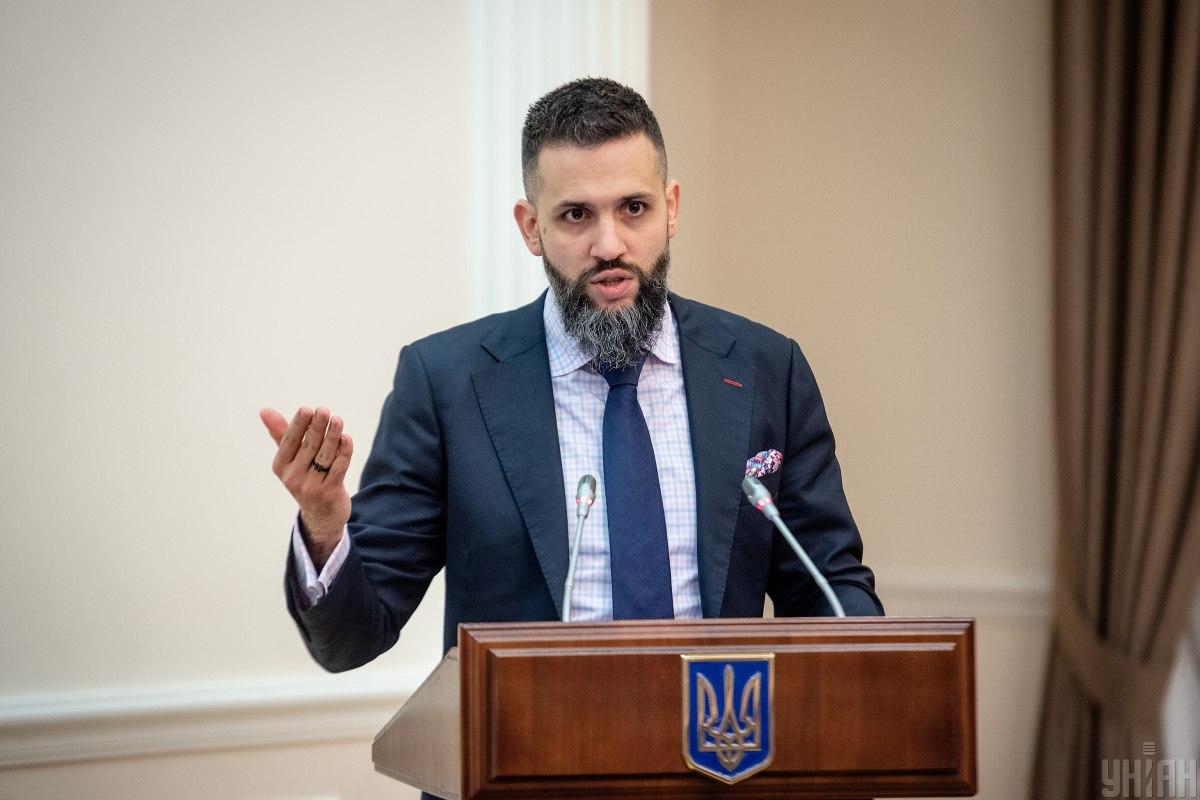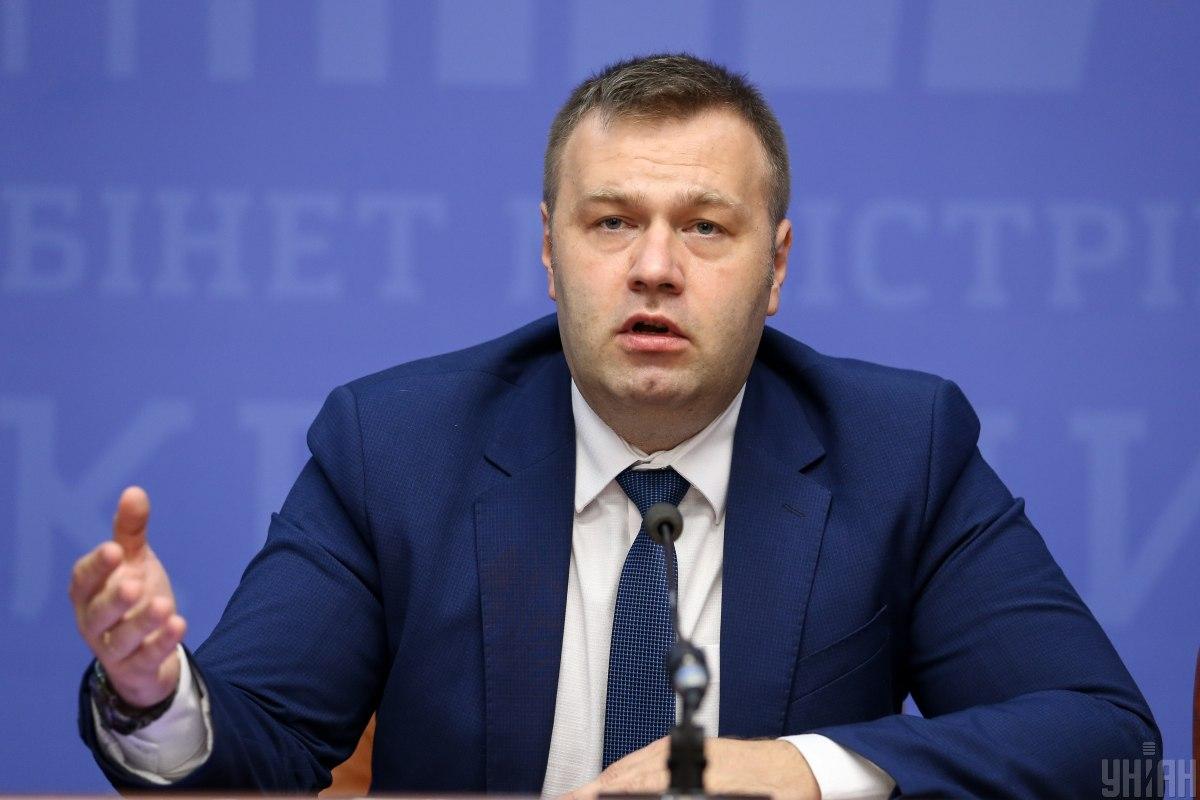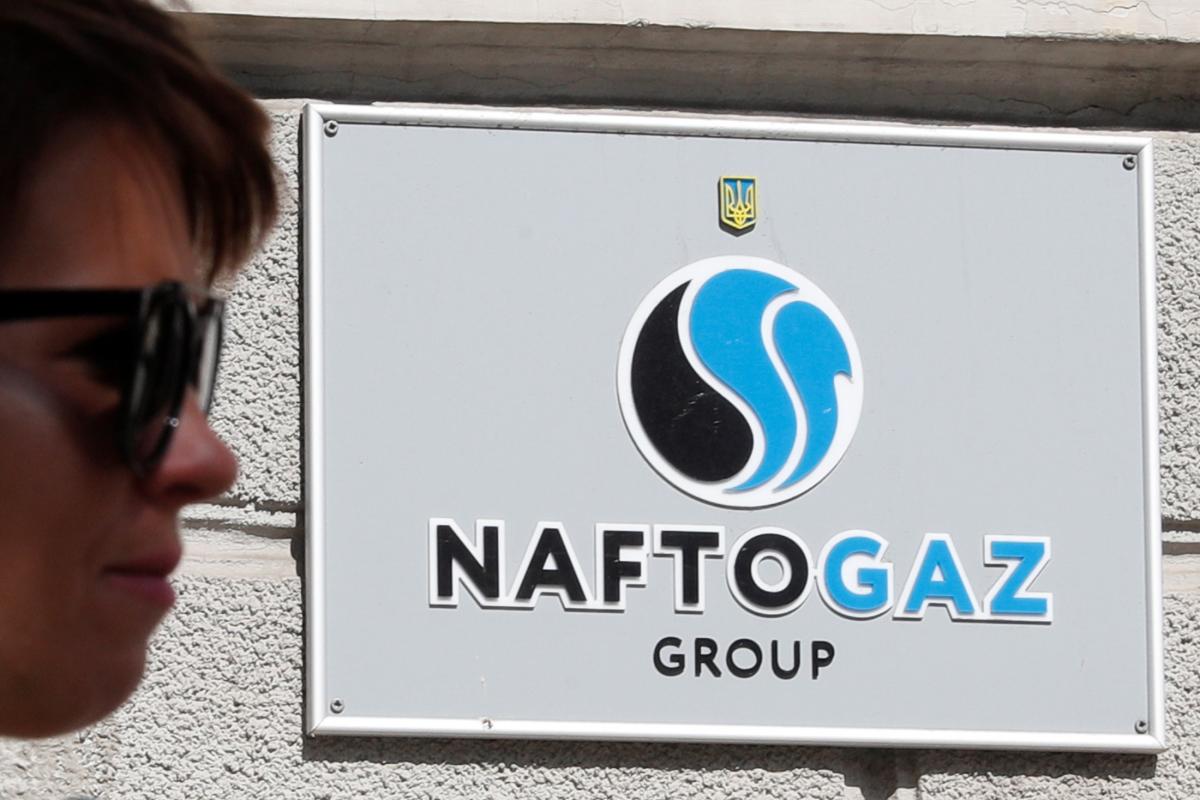
Week's balance: Sanctions against Russia, launch of Customs Service, and new hryvnia records
The Cabinet of Ministers extended trade sanctions against Russia and launched the new Customs Service, Ukrtransnafta agreed with the Russian Federation to extend oil transit, while the hryvnia updated four-year highs five times in a week – these are the main economic developments of this week.
The beginning of winter was full of economic events. In the outgoing week, the Cabinet of Ministers at its meeting extended for a year, until December 31, 2020, a package of special duties in relation to Russian goods. Sanctions were a reciprocal step to similar decisions made of the Russian Federation.
The embargo was originally introduced in 2016 in response to restrictions by an aggressive northern neighbor. In May of this year, the list of goods prohibited from being imported from Russia was expanded to include groups such as mineral fertilizers, agricultural products, and vehicles.
The list was supplemented by railway cars, whose imports were November 20. At the same time, the total value of embargoed imports corresponds to the value of Ukrainian exports banned in Russia.
Customs Service Launch

The Cabinet meeting on Wednesday was also marked by equally important decisions. Among them is the launch of the Customs Service with the transfer of appropriate powers from the Fiscal Service, which is in a state of liquidation, to the newly created department.
The official start of the new customs is scheduled for December 8, 2019.
"We are launching it on Sunday on purpose, to minimize possible issues at the beginning of its work. But I apologize in advance if for the first couple of days something will be going wrong. Still, the simultaneous shutdown of a large structure and the launch of another is a challenge," new customs chief Maksym Nefyodov said, commenting on the decision of the Cabinet of Ministers.
Thus, the reorganization of the Fiscal Service, which started at the end of last year with its unbundling into tax and customs services, is now in full swing.
The government also decided to allocate UAH 1 billion for Ukravtodor to cover road repairs in 2019, and launched a pilot project on the admission of privately-owned locomotives to work on individual railway routes – an innovation repeatedly requested by businesses. It is worth noting that the admission of private traction will partially solve the issue of shortage of Ukrzaliznytsia's rolling stock and test the functioning of the market under the conditions of several railway carriers. According to the Minister of Infrastructure Vladyslav Krikli, the ministry has already received offers from several companies to participate in the project.
Personnel shifts
The Cabinet this week also made a number of important personnel decisions. In particular, after the scandals with the failures to pay citizens their sick leave and maternity assistance, the Social Insurance Fund's leadership was changed. The Board of the Fund is now headed by Oleh Koval, who served as Deputy Minister of Social Policy. Also, the Cabinet of Ministers changed leadership in State Labor Agency and the Mortgage Agency.
In addition, the government fired Yaroslav Klimovych from the post of head of the board of Nadra of Ukraine and appointed Pavlo Pavlishyn, Director General of the Rivne Nuclear Power Plant, as Acting President of the Energoatom state-owned enterprise. Prior to this, the Cabinet of Ministers, on the initiative of the Minister of Energy and Environmental Protection Oleksiy Orzhel, removed Yuriy Nedashkovsky from the post of Energoatom President.

By the way, in early December, Orzhel said that the government made a political decision to change the leadership of all strategic state-owned enterprises and reset their supervisory councils, noting that this was not a matter of any relations between the minister and company executives.
According to him, for each of the enterprises the government has certain positions on which the decision will be based. It will become clear very soon, what those decisions will be. With a high degree of probability, personnel reshuffles in the near future are expected in Ukrzaliznytsia. The corresponding changes before the end of the year were announced by Prime Minister Oleksiy Honcharuk, who stopped short of mentioning any specific names.
Gas talks and new contract for Ukrtransnafta

The story of the gas transit dispute with Russia this week saw a new round of development: on December 4, key court hearings were held in Amsterdam on the case of the forced recovery of about $3 billion from Gazprom in favor of Naftogaz, according to the Stockholm arbitration award.
"Our assessment is that the hearings were successful for us, and therefore we expect a positive court ruling that will allow us to proceed with the sale of Gazprom's assets, which we previously successfully arrested. The court determined the expected date of the decision, February 25, 2020," wrote Yuriy Vitrenko, who is an Executive Director of Naftogaz.
On the eve of the hearing, he predicted that, in the event of a positive court ruling, the recovery process would last from the second quarter to the end of next year, that is, 2020.
Having Gazprom to repay its debt is Ukraine's principled position, on which Kyiv does not intend to give in in exchange for concluding a new gas transit contract from 2020, as required by the aggressor state. The existing transit deal expires on December 31, 2019, which necessitates the conclusion of the new agreement.
The Ukrainian side insists on a long-term contract based on European principles. To this end, everything has already been practically done. On December 3, the Verkhovna Rada adopted a law that separates the powers of operators to distribute gas and produce fuel. This makes it possible to complete the Naftogaz unbundling procedure in accordance with the requirements of the Third EU Energy Package.
The latest round of gas negotiations between Ukraine and Russia with the participation of representatives of the European Commission was held December 6, a day later than the scheduled date of December 5. Following the talks, Naftogaz Executive Director Yuriy Vitrenko said that the European Commission asked the parties to discuss the settlement past and present Stockholm arbitration cases, since Gazprom included this in the "package" for transit negotiations.
"This is exactly what we did. Our position on the issue is public. To demonstrate our constructiveness, we said that we are ready to consider the possibility of receiving gas from Gazprom to have them pay off debt in line with the award of the previous Stockholm arbitration case ($3 billion)," he noted.
Vitrenko said that Ukraine was also ready to withdraw its new arbitration claim if a long-term contract for the transit of Russian gas via Ukraine after 2020 was concluded with Gazprom.
"We are also ready to withdraw our new arbitration claims, but only if a long-term transit contract is signed that will cover all costs, and if Naftogaz is compensated for Gazprom's failure to fulfill its obligations under existing contracts," he said .
The top manager emphasized that Ukraine country took a constructive position, according to the recommendation of the European side.
"And here, as you yourself see, we also have a constructive position – cover expenses, even without economic profits, and we will not sue. Now we are ready to return to tripartite negotiations and tell Europeans how we diligently discussed these issues," he explained.
In the comment section to the post, Vitrenko declined to elaborate on Gazprom's reaction to the voiced proposal.
"We do not comment on their position," he stressed.
A more stable and predictable situation has developed with a contract for the transit of Russian oil. Last week, the operator of the Ukrainian oil transmission system, the state-owned Ukrtransnafta, and the Russian oil transportation company Transneft, agreed to extend the transit of oil via Ukraine for 10 years - until January 1, 2030. This decision will allow loading the national system with transit volumes of oil in the EU direction and ensure its safe and stable operation.
New hryvnia records, online services for Ukrainians

The Verkhovna Rada's work was no less fruitful this week. Among the important initiatives approved by the parliamentarians was the adoption in the first reading of the bill on the implementation in Ukraine of a number of rules of the Organization for Economic Co-operation and Development in Europe (OECD) to combat tax evasion – Base Erosion and Profit Shifting (BEPS). The step is a prerequisite for the liberalization of currency regulation, consistent with the obligations Ukraine has undertaken in the framework of the Association Agreement with the European Union.
The National Bank said that the regulator would consider the possibility of increasing by half the limit on investments abroad for individuals – up to EUR 100,000 per year after the adoption by the Verkhovna Rada of a package of laws to combat BEPS. At the same time, as noted by the NBU, to completely abolish the limit, BEPS laws must be fully implemented.
Other important developments of the past week include the National Bank's announcement of an increase in international reserves in November by 2.5%, to $21.9 billion, as well as the November hryvnia strengthening against the dollar by 3.4% to UAH 23.97/USD
In the first week of winter, the Ukrainian national currency broke another record, five times updating the four-year high.
Also this week, the UnionPay international payment system started operating in Ukraine. Now, holders of UnionPay cards can use them in ATMs and payment terminals of the largest state-owned Privatbank. The entry means new opportunities for the domestic banking sector as part of integration into the global financial system.
In addition, this week Ukrainians were allowed to send and receive instant money transfers directly via a Viber messenger. Ukraine became the second country in the world after Hungary, where such a service was launched.
Vera Platonova, senior vice president of Visa in the CIS and Southeast Europe, said in an interview with UNIAN that by the end of 2021 half of all payments in Ukraine will be carried out through a mobile phone, noting that Ukraine is one of the most developed markets in Europe, and a lot of new technologies will find their start precisely in Ukraine.
Next week promises to be no less interesting. A Normandy Four summit is scheduled to be held in Paris on December 9, where the leaders of Ukraine, Russia, Germany, and France will discuss Donbas settlement and will probably touch on the gas transit issue. Inflation data for November will be published, while the National Bank will hold this year's final briefing on monetary policy, being likely to further lower the key rate.
Oleksandra Danko

